Hamidreza Vaezi, in an interview with the website of the Strategic Council on Foreign Relations regarding Iran’s position and role in the emerging Eurasian order, stated: “The new order in the Eurasia region is the result of a move towards redefining global power relations and the shift of the geopolitical center of gravity from the West to the East.” He added: “Due to its unique geographical location, historical ties, and extensive energy resources, Iran is not only part of the Eurasian sphere but also one of the pivotal connectors of the East and West of this continent. Understanding this position is a prerequisite for an effective presence in the new architecture of power.”
Referring to the centrality of Iran’s cooperation with Russia and China, he said: “Today, Iran plays a role in three important economic and transit mechanisms of Eurasia: the Eurasian Economic Union (EAEU), the Belt and Road Initiative (BRI), and the International North-South Transport Corridor (INSTC). These three networks are the backbone of the new Eurasian economic order, and Iran, with smart policymaking in the fields of infrastructure, customs, and banking, can become a key player.” Vaezi added: “In the emerging order, geopolitical and geo-economic cooperation are progressing simultaneously, and this is precisely the point that Iran’s economic diplomacy must take seriously. The more Iran’s ties with Russia and China go beyond the level of energy and goods trade and reach technological and financial cooperation, our country’s position in the Eurasian order will be strengthened.”
According to the analyst, Russia and China are seeking to create a “non-dollar economic umbrella,” and Iran can use this process to free itself from the pressure of sanctions and the Western financial system. He emphasized: “Regulating multifaceted relations with Beijing and Moscow is essential; Tehran must maintain its independence of action and regulate its interactions based on mutual interests and a balance of power.”
Vaezi pointed to the increasing importance of Eurasian transit routes and said: “In today’s world, a transit route is not merely an economic passageway but a tool for geopolitical influence. Turkey, by developing its Middle Corridor, and India, with its plan to connect to Central Asia through Chabahar port, are trying to gain a larger share of this network; this competition is directly related to Iran’s geopolitical position.” He added: “While Turkey highlights the Caucasus and Black Sea route and India seeks a connection from south to north, Iran can offer a complementary route that links East-West and North-South. This is the position that, if properly utilized, is not only a source of sustainable income but also a tool of national power.”
The geostrategic affairs analyst continued: “Turkey benefits from NATO membership and relations with the West to attract capital and technology, but its high dependence on energy and regional pressures have created limitations. In contrast, if Iran can stabilize its competitive advantage in the North-South axis by removing internal obstacles in the fields of foreign investment, logistics, and trade digitalization, Turkey and India will be forced to cooperate with Tehran.” Vaezi emphasized: “In the new order, ‘controlling the route’ is equivalent to ‘controlling power,’ and any country that controls transit lines and energy infrastructure will play a decisive role in the rules of the Eurasian game.”
The geostrategic affairs analyst addressed the necessity of adapting Iran’s neighborhood policy with Russia’s “Greater Eurasia” initiative and explained: “The concept of positive neighborhood is a policy for managing disputes and promoting regional interactions in line with mutual interests. When this policy is combined with Russia’s ‘Greater Eurasia’ plan, which aims to create a common economic, security, and cultural space from Shanghai to the Caspian, Iran can become the link between the south and north of Eurasia.”
He said: “If Iran’s neighborhood policy is seriously operationalized, it will be a powerful tool for stabilizing the country’s position in the new order. In a situation where Russia and China are seeking to reduce Western influence in the region, Tehran can use its position as a bridge between the East and West of Asia to secure national interests while also contributing to regional stability.”
Vaezi noted: “The emerging Eurasian order is not merely an economic plan, but an effort to redefine the global order based on independence, multilateralism, and regional convergence. In this equation, if Iran can balance its neighborhood policy, internal development, and active presence in regional institutions, it will become an architect of the new order; but with a passive approach, it will lose its historic opportunity.”
Iran in the New Eurasian Order
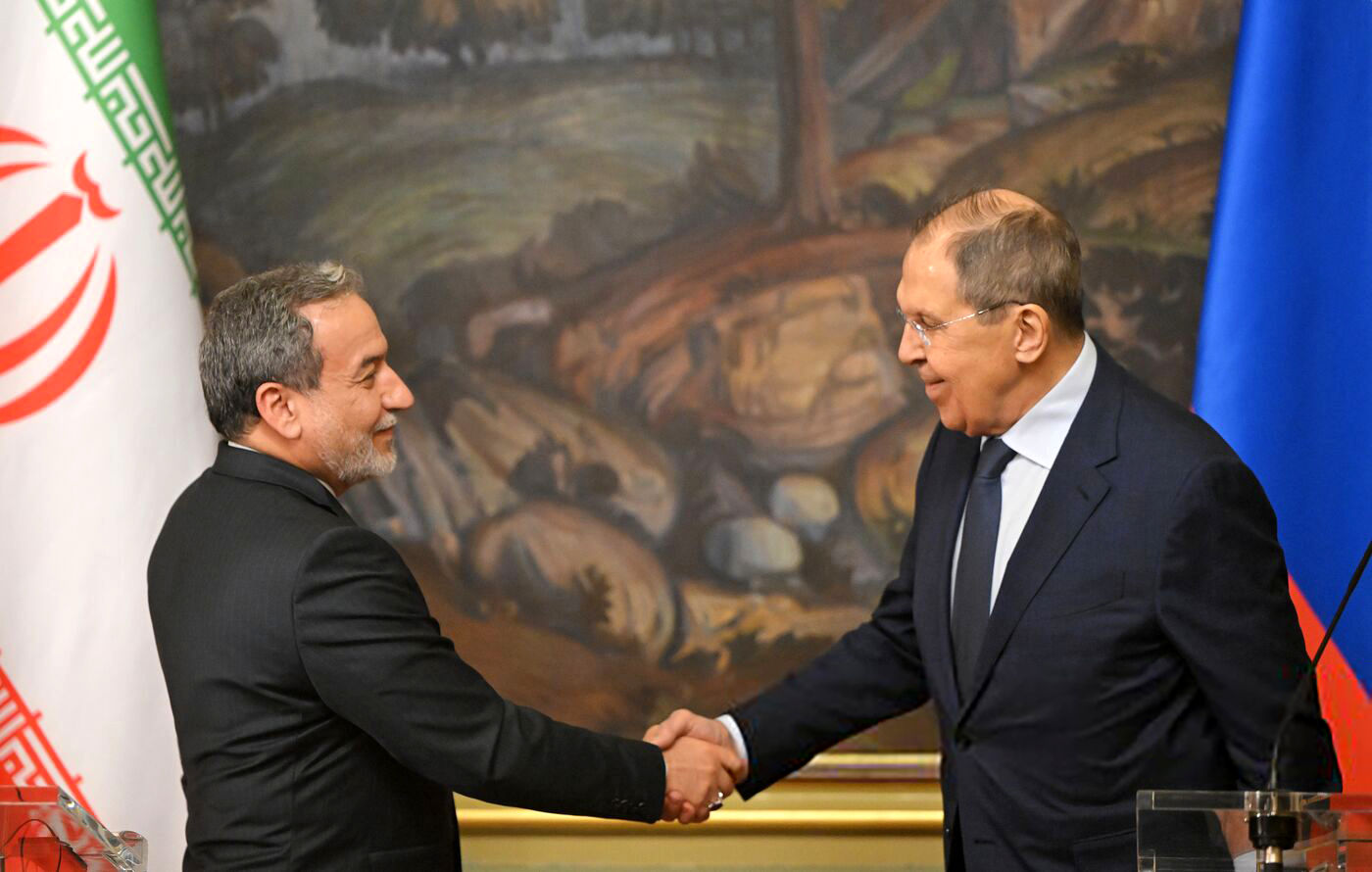
LATEST CONTENT
Japan-China Tensions Over Taiwan
Strategic Council Online – Interview: An international affairs expert said that U.S. President Donald Trump, in a phone call this week with Sanae Takaichi, asked her not to further escalate disputes with China. Earlier this month, Takaichi created a rare tension with Beijing by stating that “a potential Chinese attack on Taiwan could lead to military action by Japan,” remarks that drew a sharp reaction from China. Beijing demanded that she retract these statements, but the Japanese Prime Minister has not done so thus far, and Tokyo has only emphasized that its policy regarding Taiwan has not changed.
Creating the Right Narrative: A Principled Strategy for Countering the Enemy’s Soft War
Strategic Council Online – Interview: A media expert stated: Given the intensification of the West’s soft war and psychological operations against Iran, our country’s primary strategy must be based on public education, strengthening national cohesion, developing international media, and countering the distortion of history through creating the right narrative.
The Prospect of U.S.-China Technological Competition and Its International Implications
Strategic Council Online – Opinion: The competition between the United States and China over rare minerals and new technologies is not merely an economic rivalry, but a battle to shape the future geopolitical order. This competition has profound implications for Europe and the Global South, and ignoring it may come with high costs.

Últimas publicaciones
Japan-China Tensions Over Taiwan
Strategic Council Online – Interview: An international affairs expert said that U.S. President Donald Trump, in a phone call this week with Sanae Takaichi, asked her not to further escalate disputes with China. Earlier this month, Takaichi created a rare tension with Beijing by stating that “a potential Chinese attack on Taiwan could lead to military action by Japan,” remarks that drew a sharp reaction from China. Beijing demanded that she retract these statements, but the Japanese Prime Minister has not done so thus far, and Tokyo has only emphasized that its policy regarding Taiwan has not changed.
Creating the Right Narrative: A Principled Strategy for Countering the Enemy’s Soft War
Strategic Council Online – Interview: A media expert stated: Given the intensification of the West’s soft war and psychological operations against Iran, our country’s primary strategy must be based on public education, strengthening national cohesion, developing international media, and countering the distortion of history through creating the right narrative.
The Prospect of U.S.-China Technological Competition and Its International Implications
Strategic Council Online – Opinion: The competition between the United States and China over rare minerals and new technologies is not merely an economic rivalry, but a battle to shape the future geopolitical order. This competition has profound implications for Europe and the Global South, and ignoring it may come with high costs.

DERNIER CONTENU
Japan-China Tensions Over Taiwan
Strategic Council Online – Interview: An international affairs expert said that U.S. President Donald Trump, in a phone call this week with Sanae Takaichi, asked her not to further escalate disputes with China. Earlier this month, Takaichi created a rare tension with Beijing by stating that “a potential Chinese attack on Taiwan could lead to military action by Japan,” remarks that drew a sharp reaction from China. Beijing demanded that she retract these statements, but the Japanese Prime Minister has not done so thus far, and Tokyo has only emphasized that its policy regarding Taiwan has not changed.
Creating the Right Narrative: A Principled Strategy for Countering the Enemy’s Soft War
Strategic Council Online – Interview: A media expert stated: Given the intensification of the West’s soft war and psychological operations against Iran, our country’s primary strategy must be based on public education, strengthening national cohesion, developing international media, and countering the distortion of history through creating the right narrative.
The Prospect of U.S.-China Technological Competition and Its International Implications
Strategic Council Online – Opinion: The competition between the United States and China over rare minerals and new technologies is not merely an economic rivalry, but a battle to shape the future geopolitical order. This competition has profound implications for Europe and the Global South, and ignoring it may come with high costs.

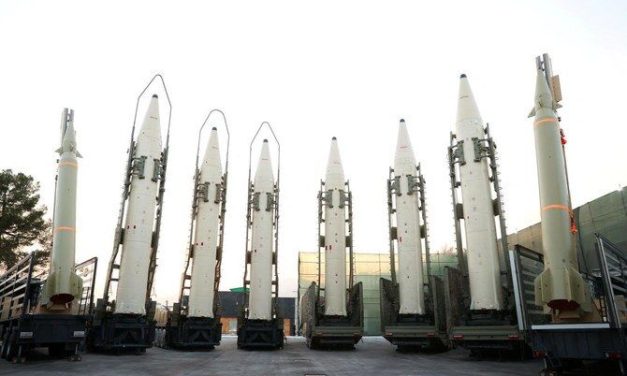
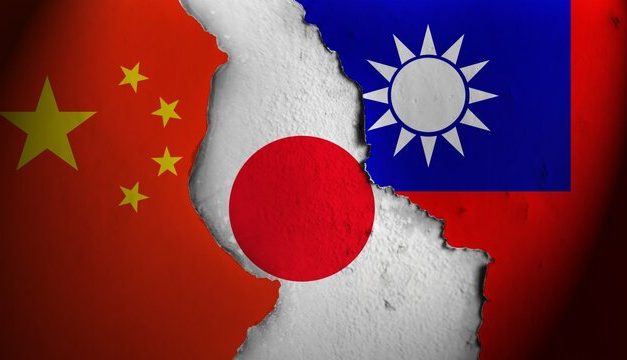
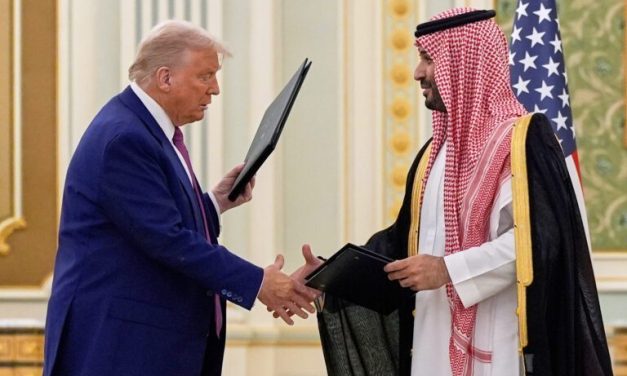

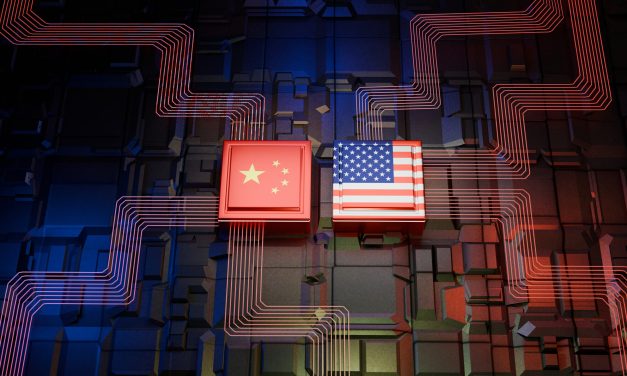
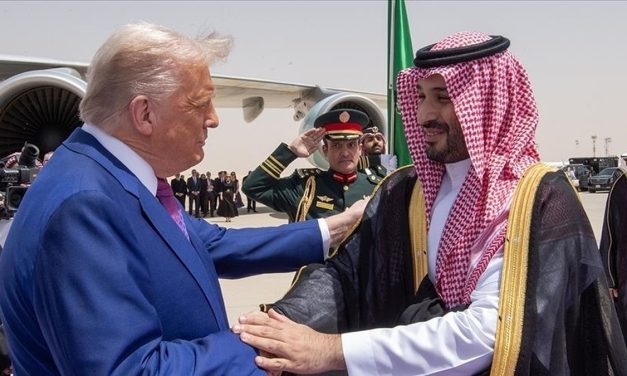
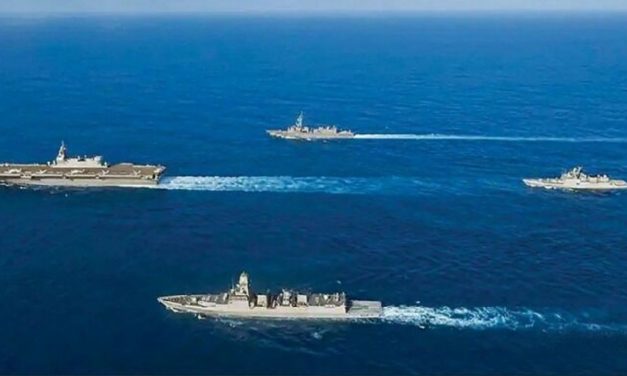

0 Comments